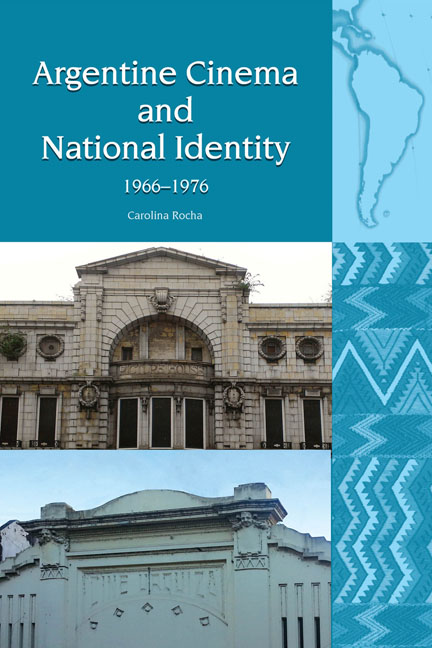Conclusion
Summary
The Argentine revolution of 1955—which ended Juan Perón's second term as president—inaugurated a period in which his opponents sought to erase the traces of his seven years in office. In addition to the de-Peronization of the arts and national culture, another pressing matter for the military and democratic authorities after the mid-1950s was the issue of nationalism. Because Perón had adhered to the Third Way, ‘a political-economic strategy that rejected liberal capitalism under the tutelage of Euro-American capitalism and Moscow communism’ (Petras, 2000, 28); nationalized companies owned by foreign investors, such as the railroads; and implemented policies that benefitted the working class, he was strongly associated with nationalism. That is to say, his defense of the most vulnerable Argentines and his refusal to ally with either Western capitalism or Eastern communism, cemented Argentines’ perception of his strong protection of national affairs. Consequently, his successors found themselves having to challenge his nationalism and articulate new forms of national doctrine. In order to do that, post-1957 authorities turned their attention to the cultural realm in order to legitimize their claim to be defenders of national interests. Political scientist Daniele Conversi aptly defines culture as ‘the common pool and repository from which groups can draw on to maintain, root and embed their identity’ (2010, 86). Conversi also holds that the study of nationalism is ‘the study of how elites strive to defend, strengthen, or even construct this sense of distinctiveness’ (2010, 88). Hence, the building of national distinctiveness is inextricably linked to a particular culture made up of different elements.
In attempting to define Argentine culture and nationalism after Perón, post-1957 Argentine authorities understood that the film industry had a valuable and central role to play. In the late 1950s, cinema was the only visual medium which operated in Argentina. The Argentine film industry had been successful in previous decades, proving that it had found niche markets and spectators. Cinema's impact as a mass medium and its past achievements were factors that influenced the state's protection of this industry with the passage of four laws between 1957 and 1973 to subsidize films and reinvigorate this area of cultural production.
- Type
- Chapter
- Information
- Argentine Cinema and National Identity (1966–1976) , pp. 216 - 220Publisher: Liverpool University PressPrint publication year: 2018



